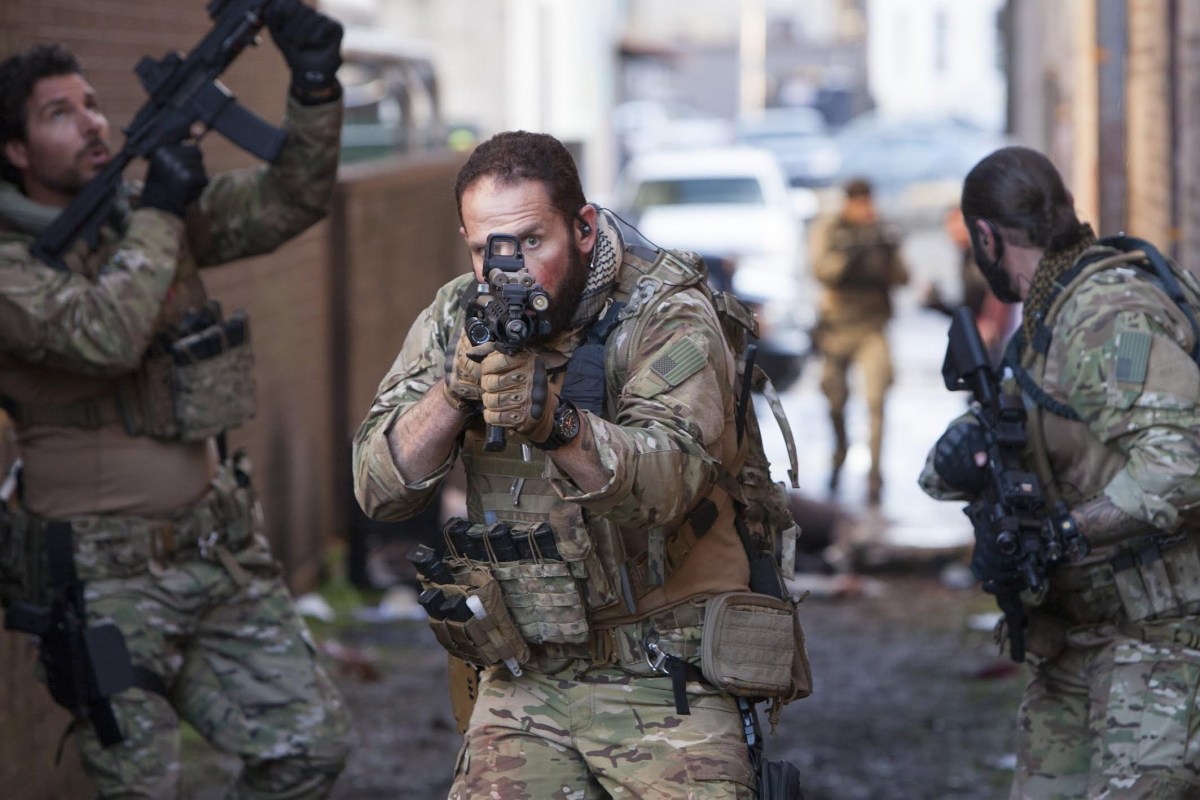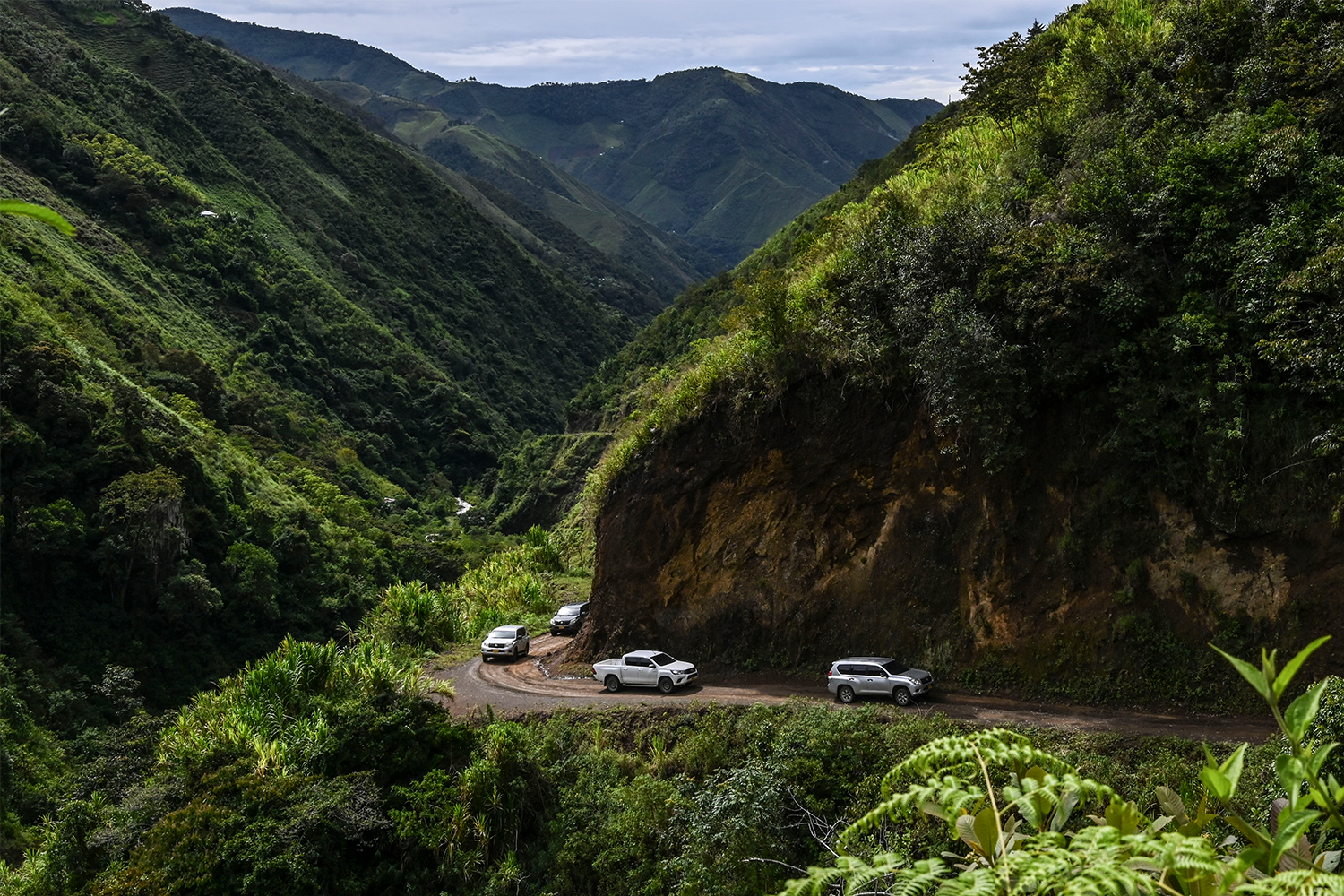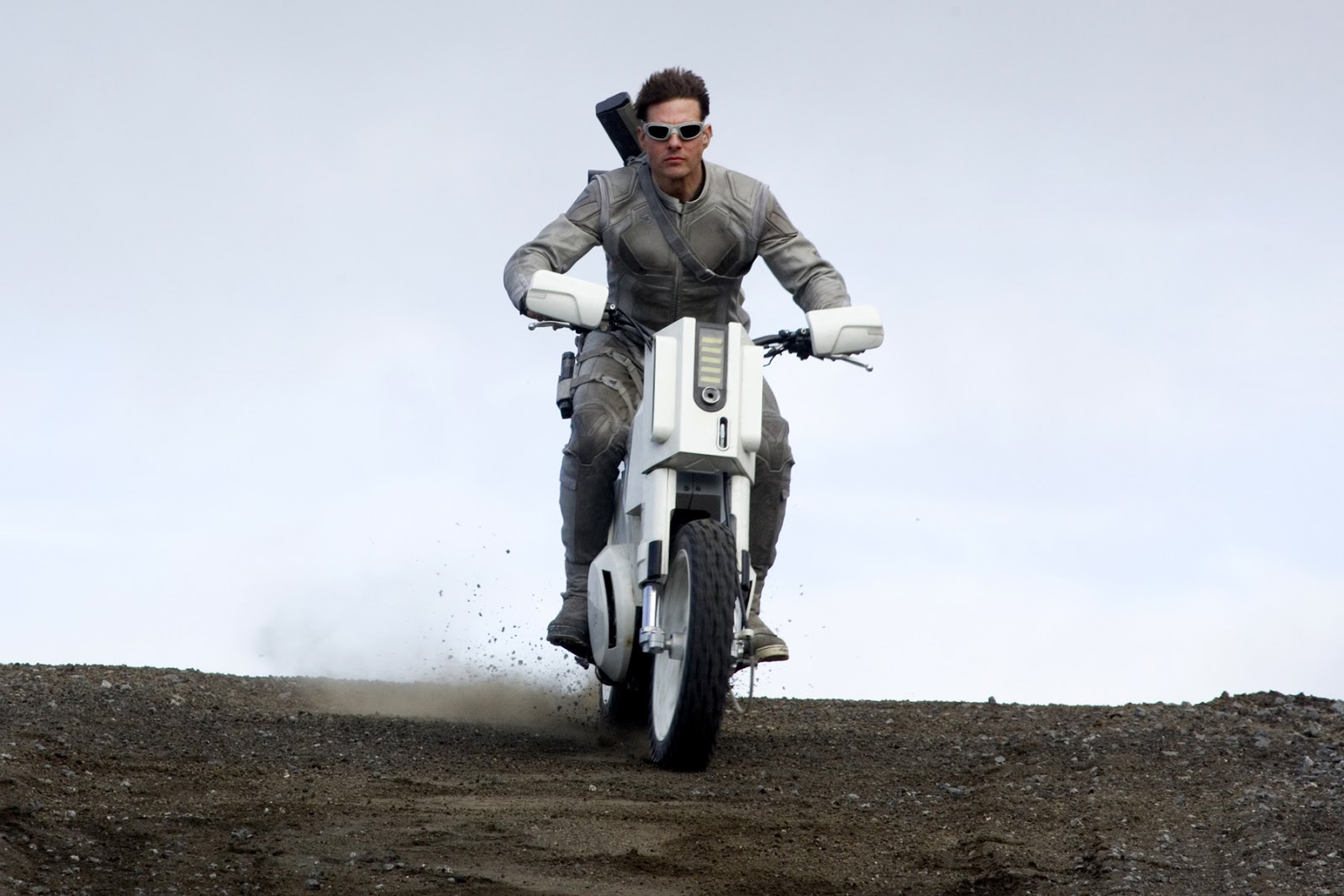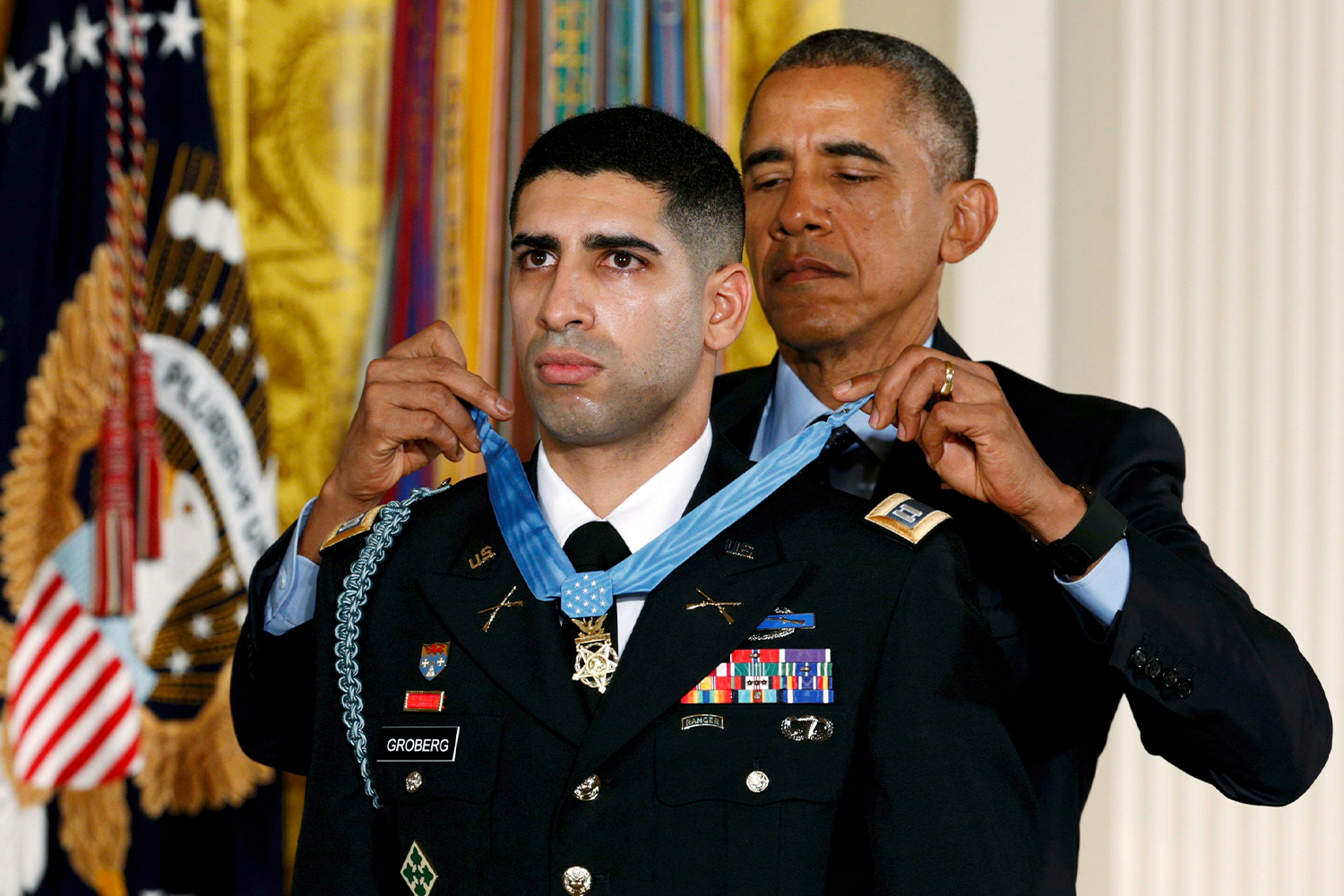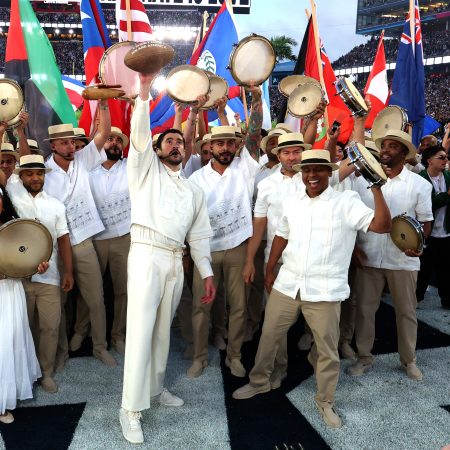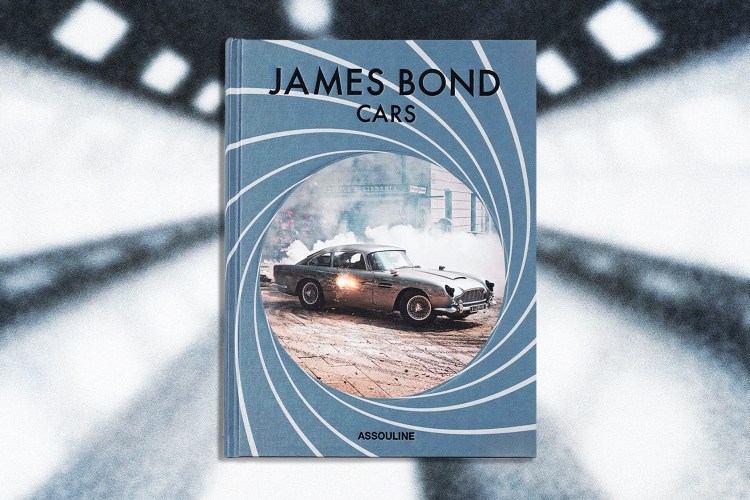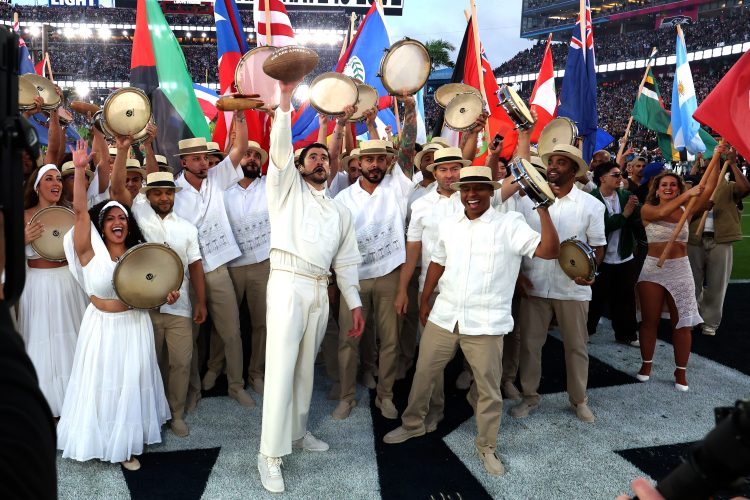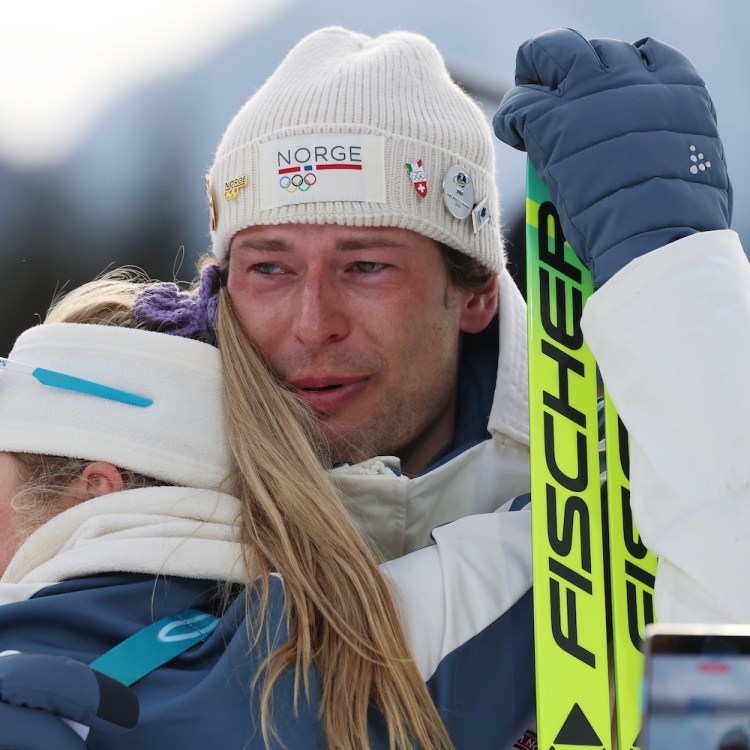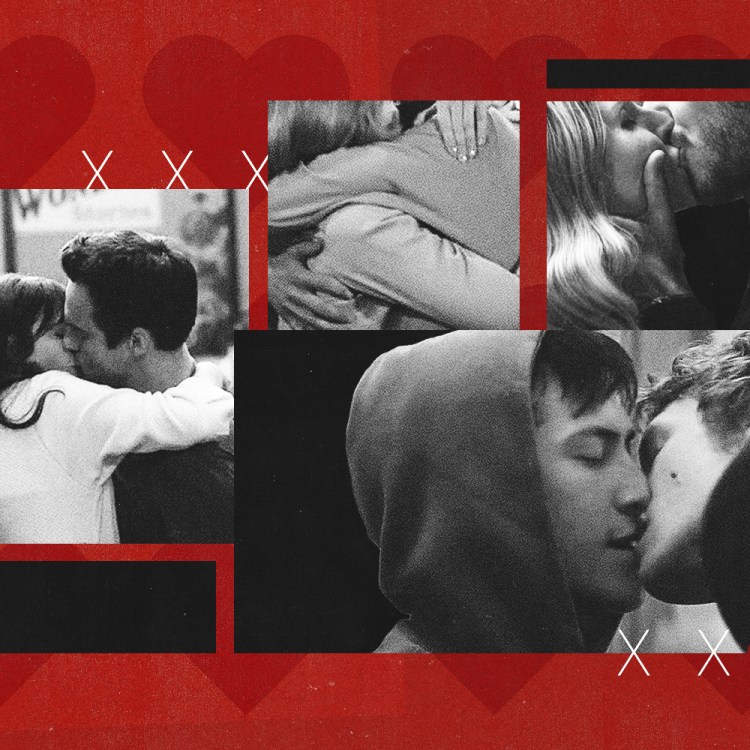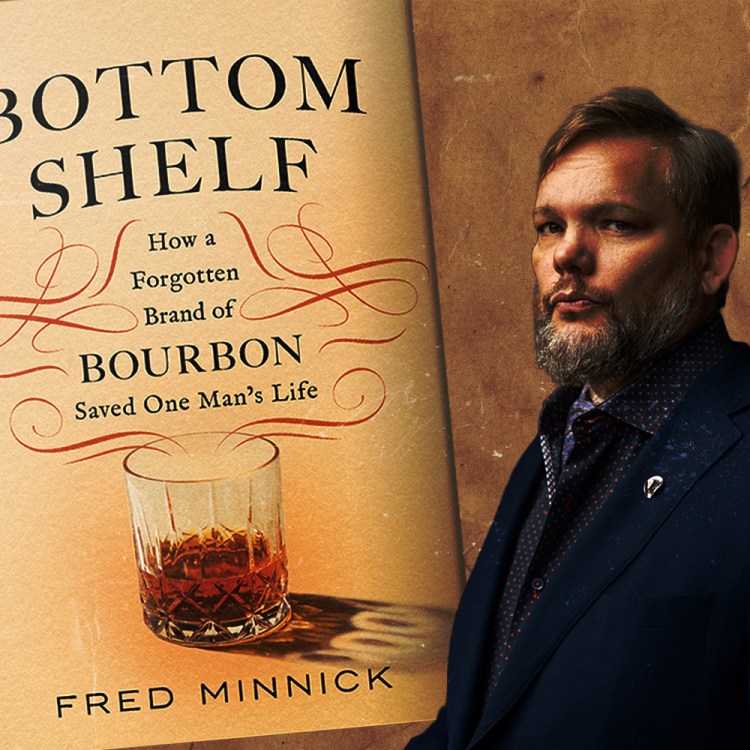Call of Duty is one of the most popular game franchises in the world, owing a lot of that success to the gripping wartime environments they create time and time again. That atmosphere combined with exciting, fast-paced combat and creative campaigns make it the most successful first-person shooter franchise in video-game history.
Mikal Vega is one of the men behind the latest and greatest from Activision and their partner studio Sledgehammer, Call of Duty: Vanguard. As second unit director, the former Navy SEAL was responsible for orchestrating the motion capture used for its action-packed story sequences, leading actors through their stunts. Given his military career and work he’s done on movie sets for the likes of Michael Bay, he is the perfect man for the gig.
I recently hosted a Twitter Spaces conversation with Vega, now a performance capture director for Treyarch, to discuss his time in the Navy SEALs, working in Hollywood, his passion for video games and how they helped him connect with his son while serving in Iraq.
InsideHook: When did you first start playing video games?
Mikal Vega: I have been playing video games my entire life. I know I might not appear like one on the outside, but I am a huge gamer and have always been. I even had one of the first systems every put out, Tennis For Two, and I played it a whole lot. I had all of the early systems after that, ones that the world has forgotten about. My favorite games in the beginning were in the fantasy genre.
How did you first start playing Call of Duty?
I have been playing Call of Duty since they have been making the game to be honest. The big one that really took hold of me was Modern Warfare 2. But I also have to give it up to the Black Ops releases, because that is when they brought in the zombies mode, which I play the most when I am just doing regular multiplayer. I played Call of Duty with my son while I was on tour with the military overseas. I would play with him while I was in Iraq down range and it made me feel like I was back in the States with my kid. I enjoyed the process of playing and getting better at the game together with him. I gamed all the way through my service, and used it to connect with those I care about.
It is not just the veteran that serves during a war, but also the family. I was able to close the distance with him with the game. The price of being away is paid by everyone in a way, there is no way that it couldn’t affect my daughter and son. Especially at a time of war since September 11th. I was gone 10 to 11 months throughout the year, doing what I needed to do. The connection wasn’t the best of course, I just accepted it, even though it could get frustrating sometimes.
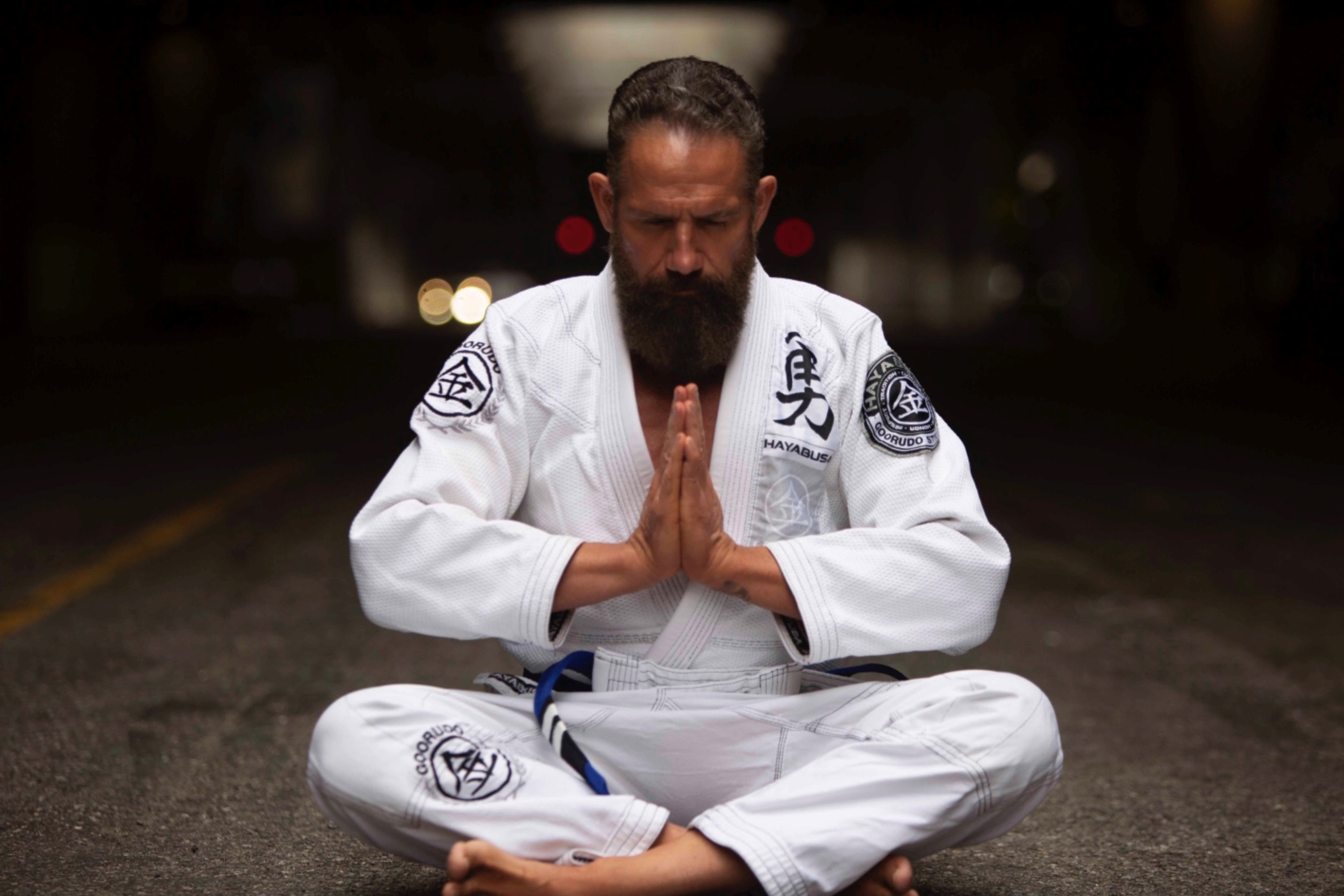
How did you decide on and then ultimately get into the Navy SEALs?
I started out in the bomb squad, prior to starting field training. I stayed there for nine years. Did a lot of operations. Over time started to understand that my place was going to be in the teams. I found out that I didn’t fit well in the EOD [Explosive Ordnance Disposal] community. I tried to get orders to the SEALs for six years, and I eventually did. I made it through selection the first time. There were 183 people at the beginning of the process and only 11 at the end.
Going through BUDS [Basic Underwater Demolition/SEAL], you need to have a the right mentality to get through it. I was prepared to die in BUDS. That was an acceptable outcome for me. Getting out of there uninjured is a bit of a miracle in its own right. That was my mindset at the time, I wasn’t going to give up, no matter at what. That was an acceptable risk for me. I have a lot of injures that I have gotten through my service, but they were all worth it. Anyone who is thinking of enlisting, I can’t recommend it highly enough.
Did you have a moment during your military career where you felt that call of duty, where you were truly affected by the work that you were doing?
There was an incident at the Green Zone Cafe, when a bomb went off in the international zone of Baghdad, Iraq. My team and I were the first ones to show up and I was the ground force commander as a result. We ran operations to MACO the area and neutralize a second bomb that had been taken deeper into the Green Zone. We had to systemically clear an apartment complex that this guy had snuck into with it. That event led to another series of target packets that culminated in the capture and neutralization of a terrorist cell.
I remember profoundly when we walked into the rural village that we had liberated. This younger woman came out and she was crying these happy tears, and thanking us for what we had done. The man who had been terrorizing them had decapitated their neighbors and left the heads on their doorstep. These were truly terrible people. That moment was early in my wartime career, early in my combat deployment, and a time in which I felt I was doing exactly what I needed to be doing with my life. It felt like I was where I needed to be.
How did those experiences translate when you eventually retired from service and started working in Hollywood?
The next profound moment in my life was when I was acting on the set of Transformers 3 with Michael Bay. I saw this kid that couldn’t have been older than three or four, and our eyes locked. I started walking over to him and he was almost catatonic with excitement. I was 260 pounds at the time with a bald head, mustache, tactical gear on and a rocket launcher on my back. He was looking up at me like I was a superhero.
I picked this kid up, who starts tearing up and suddenly I was tearing up as well. I started to sense the profound impact that you could have through the creative arts like film, versus the destruction that we did on the battlefield. Don’t get me wrong, I am not saying that force isn’t necessary, because it most certainly is in some scenarios. But my own path of being a warrior became a more balanced pursuit.
How did you start working with the Call of Duty franchise yourself?
I was introduced to the people who make Call of Duty by a friend, who will remain nameless. He put me in contact with a few folks over at Activision and I did an interview. They were looking for me to advise on this one shoot that they were doing with Treyarch Studios. They needed to shoot some motion capture, and weren’t able to do it by their usual means. I was lucky enough to have a good relationship with Rouge Mocap [a motion-capture studio] here in Los Angeles. They are like family there, and we were able to arrange to go in and do some pre-visualization scenes with the stunt coordinator. We were able to put something together that was a lot more convincing than they were used to getting. Suddenly we were their new go-to guys for that kind of work.
Did you have any scenes or sequences that you have done motion capture for that you enjoyed the most?
Our primary responsibility was the finishing moves, and the majority of them that we recorded made it in. I learned the challenge to recording action for video games there are so many different angles to be covered. I like going into that fantasy world, because in a lot of ways, that is when we really start to let go and enjoy ourselves. Because of that, I really liked Rambo being in Call of Duty, and the execution that we were able to do with him launching off the guy’s knee, doing a 180-degree turn, and then shooting him with an explosive arrow. I’m sorry but it doesn’t get any better than that. These projects are fun for us, and I know that they are fun for the players too.
What was it like working on Call of Duty: Vanguard?
I am very proud of the work that I got to do with Sledgehammer Games as a Second Unit Director on Call of Duty: Vanguard. Their number-one priority was that we honored and respected the events of that time, with accuracy and precision. I have to imagine that it is very strange for the guys who lived through that that monumental war to have video games being made about it, and I wanted to do the best job I could for them. The people at the studios didn’t want just a good story, they wanted one that was as authentic as possible.
Did you find your military career helpful as far as supporting the actors and performers when filming certain sequences?
I personally find it helpful, but I don’t need the actors that I work with to understand what might be going on in a soldier’s mind. In fact, I believe that that would be virtually impossible, given the complex nature of our experiences. What I need is for them to perform to their best ability, bringing their talents to the role and effectively taking direction. The best I can do to share my insight there is try to paint an emotion for them. That is the closest that we are going to get. I also use my military experience to help inspire the people I work with, and get them into the right mindset, through those stories that I do have.
How did it feel to play the game for the first time?
It was a really amazing experience to get to play the full campaign for Vanguard, it being the first one that I have worked on all the way through. I played it on the hard mode, so that I could really experience it, and because I feel like playing on the easy mode is just a cop-out. But it was definitely special seeing all of the elements that made it in, and getting to see the final product, which of course I enjoyed.
What has it been like working with the Call of Duty franchise as a veteran?
I respect that Activision and Call of Duty don’t just use veterans’ stories — they are working to honor veterans through their stories. People have really underestimated the gaming world as far as a community, and it is amazing to be a part of it on the inside. Not only that, but gaming is an incredible storytelling platform. If you see any game with a true narrative, you know how powerful the storytelling element can be.
I have also learned how inclusive it can be, and the positivity it can make towards certain causes, like what Activision continues to do for veterans. I have a few veterans in my unit, but it isn’t just the fact that they served that brought them on my team. I have them there because they are also great at their job. They give back a lot through the Call of Duty Endowment, which does great work. It feels a good to be a part of this crew.
This article appeared in an InsideHook newsletter. Sign up for free to get more on travel, wellness, style, drinking, and culture.
